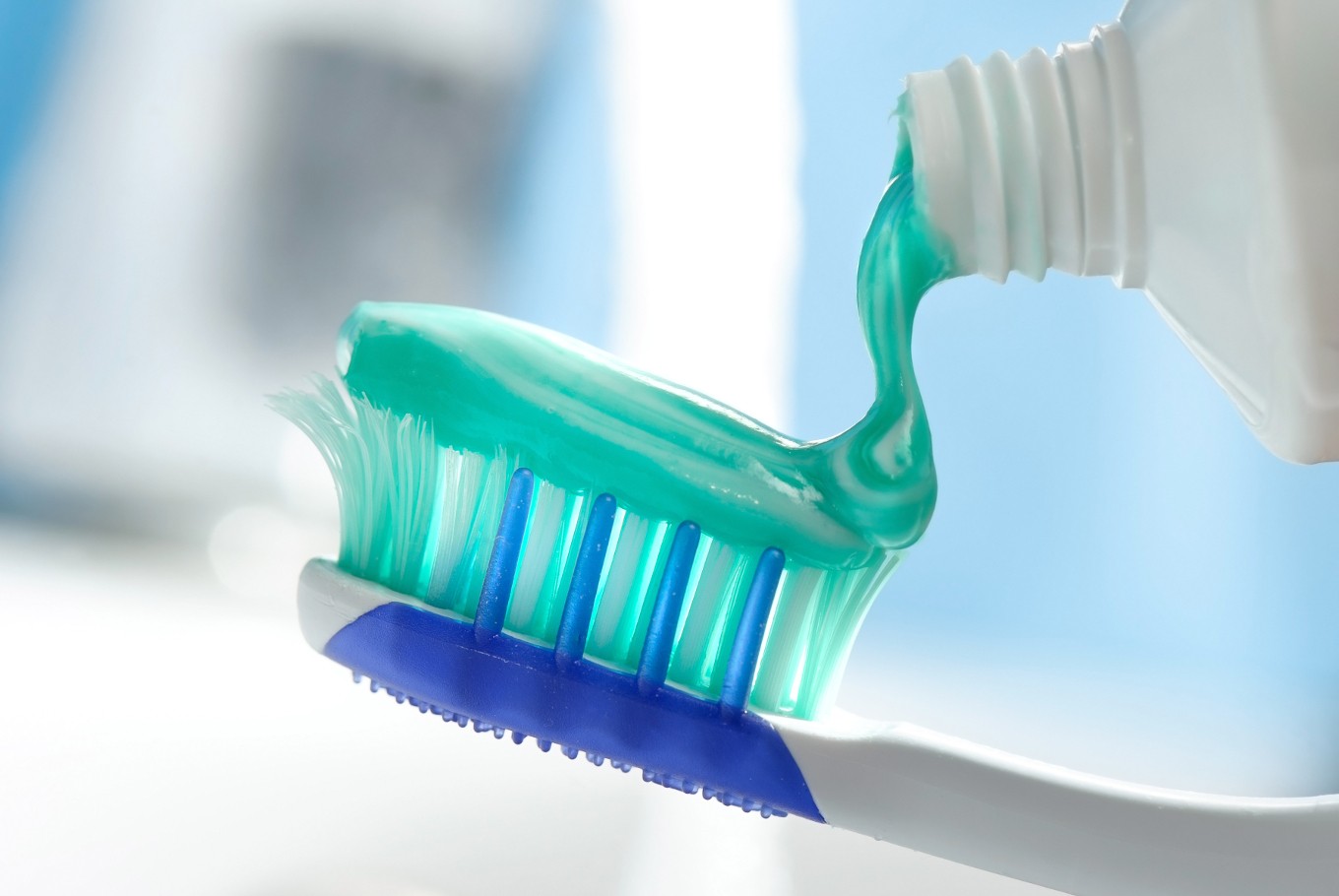Popular Reads
Top Results
Can't find what you're looking for?
View all search resultsPopular Reads
Top Results
Can't find what you're looking for?
View all search resultsStudy: Chemical used in toothpaste could increase osteoporosis risk in women
Change text size
Gift Premium Articles
to Anyone
T
riclosan is a chemical often used as an antibacterial agent in toothpaste, soaps and other cosmetic products. However, according to a recently published study, it could have an adverse effect on bone health, particularly in women.
The research, published in the Journal of Clinical Endocrinology & Metabolism, is based on an analysis of urine samples from 1,848 adult women in the US. The data came from the National Health and Nutrition Examination Survey (2005-2010) and allowed scientists to study the link between urinary triclosan concentrations and osteoporosis risk.
Read also: You do it at least twice a day, but are you brushing your teeth right?
The results showed that women with higher levels of triclosan in their urine had more fragile bones and were at greater risk of developing the disease, which affects bone density and quality.
"As far as we know, this is the first epidemiological study to investigate the association between triclosan exposure with bone mineral density and osteoporosis in a nationally representative sample from US adult women," said the study's corresponding author, Yingjun Li, Ph.D., of Hangzhou Medical College School of Public Health in Hangzhou, China.
According to the study, the evidence was stronger in postmenopausal women than in premenopausal women. The researchers conclude that future studies are now required to validate their findings.











